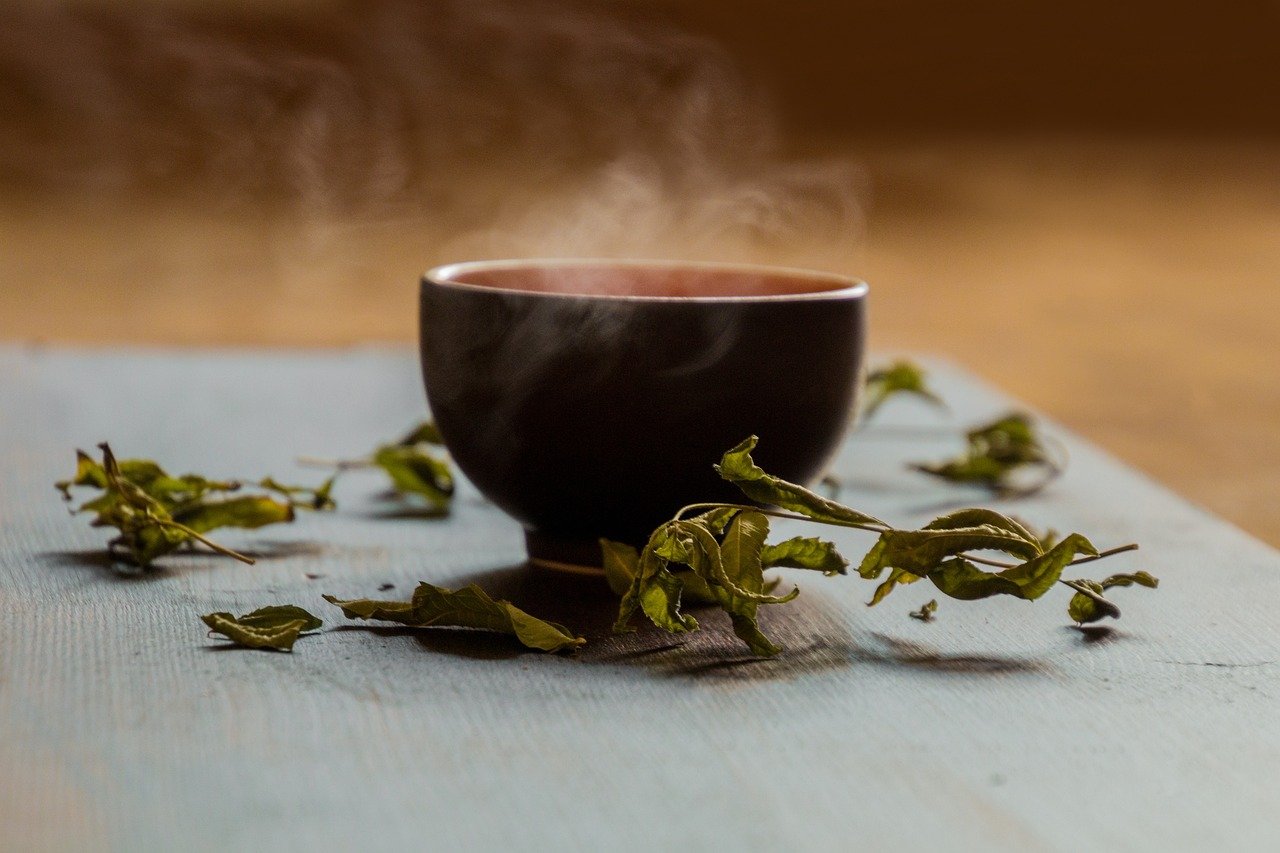In the realm of natural remedies, few beverages hold as much promise and potential as tea. For centuries, tea has been revered for its ability to soothe the senses, uplift the spirit, and, perhaps most importantly, alleviate a myriad of stomach problems. From indigestion to nausea, bloating to acid reflux, tea offers a gentle and effective solution for those seeking relief from gastrointestinal discomfort. Join us on a journey as we delve into the science behind tea’s healing powers and uncover the myriad ways in which it can benefit those with stomach issues.
Understanding Stomach Problems: Causes and Symptoms
Before we can fully appreciate the healing effects of tea on stomach problems, it’s important to understand the common causes and symptoms of gastrointestinal discomfort. Stomach problems can arise from a variety of factors, including poor diet, stress, food sensitivities, and underlying medical conditions. Symptoms may vary widely, ranging from mild discomfort and bloating to more severe issues such as gastritis, ulcers, and irritable bowel syndrome (IBS). Regardless of the underlying cause, finding relief from stomach problems is essential for maintaining overall health and well-being.
The Healing Power of Tea: A Natural Remedy for Gastrointestinal Woes
Tea, with its rich array of antioxidants, polyphenols, and other bioactive compounds, offers a multifaceted approach to soothing stomach problems and promoting digestive health. One of the key benefits of tea is its ability to reduce inflammation in the gastrointestinal tract, which can help alleviate symptoms of conditions such as gastritis and inflammatory bowel disease (IBD). Additionally, certain teas, such as peppermint and ginger, have been shown to have a calming effect on the stomach muscles, reducing spasms and easing symptoms of indigestion and bloating.

Peppermint Tea: Nature’s Antispasmodic
Peppermint tea stands as a shining example of nature’s ability to provide relief for stomach problems. Rich in menthol, peppermint tea acts as a natural antispasmodic, relaxing the muscles of the digestive tract and alleviating symptoms of indigestion, gas, and bloating. Studies have shown that peppermint tea may be particularly effective in easing symptoms of irritable bowel syndrome (IBS), a chronic condition characterized by abdominal pain, bloating, and changes in bowel habits. Sipping on a cup of warm peppermint tea after meals or during times of digestive distress can provide quick and effective relief for those suffering from stomach problems.
Ginger Tea: Nature’s Digestive Aid
Another powerhouse in the world of stomach-soothing teas is ginger tea. Known for its anti-inflammatory and anti-nausea properties, ginger tea has been used for centuries to alleviate symptoms of gastrointestinal discomfort. Ginger works by stimulating the production of digestive enzymes and promoting motility in the gastrointestinal tract, helping to alleviate symptoms of indigestion, nausea, and acid reflux. Whether enjoyed hot or cold, ginger tea offers a refreshing and revitalizing beverage that can provide relief for a variety of stomach problems.

Chamomile Tea: A Calming Cup for Digestive Distress
Chamomile tea, with its gentle floral aroma and mild flavor, is another popular choice for those seeking relief from stomach problems. Chamomile is well-known for its calming and anti-inflammatory properties, making it an ideal choice for soothing gastrointestinal discomfort. Studies have shown that chamomile tea may help reduce symptoms of indigestion, bloating, and acid reflux, making it a valuable addition to any tea lover’s collection. Sip on a cup of chamomile tea before bedtime or during times of stress to promote relaxation and ease digestive distress.
Green Tea: A Gut-Friendly Elixir
While green tea is often celebrated for its antioxidant properties and potential health benefits, it may also offer relief for those with stomach problems. Green tea contains catechins, a type of antioxidant that has been shown to have anti-inflammatory and antimicrobial properties. Additionally, green tea may help promote the growth of beneficial bacteria in the gut, supporting overall digestive health. While green tea is generally well-tolerated, some individuals with sensitive stomachs may find that it exacerbates symptoms of acid reflux or gastritis. As with any tea, it’s important to listen to your body and adjust your consumption accordingly.
In a world filled with pharmaceuticals and synthetic remedies, the simple pleasure of a cup of tea offers a refreshing and natural alternative for those seeking relief from stomach problems. Whether it’s the soothing warmth of peppermint, the zesty kick of ginger, the gentle embrace of chamomile, or the antioxidant-rich goodness of green tea, there’s a tea out there waiting to provide comfort and healing for those in need. So why not brew a pot, settle in, and let the healing powers of tea work their magic on your stomach problems? With each sip, you’ll be nourishing not only your body but also your soul, one cup at a time. Cheers to the timeless tradition of tea and its ability to bring relief and joy to tea lovers around the world.
